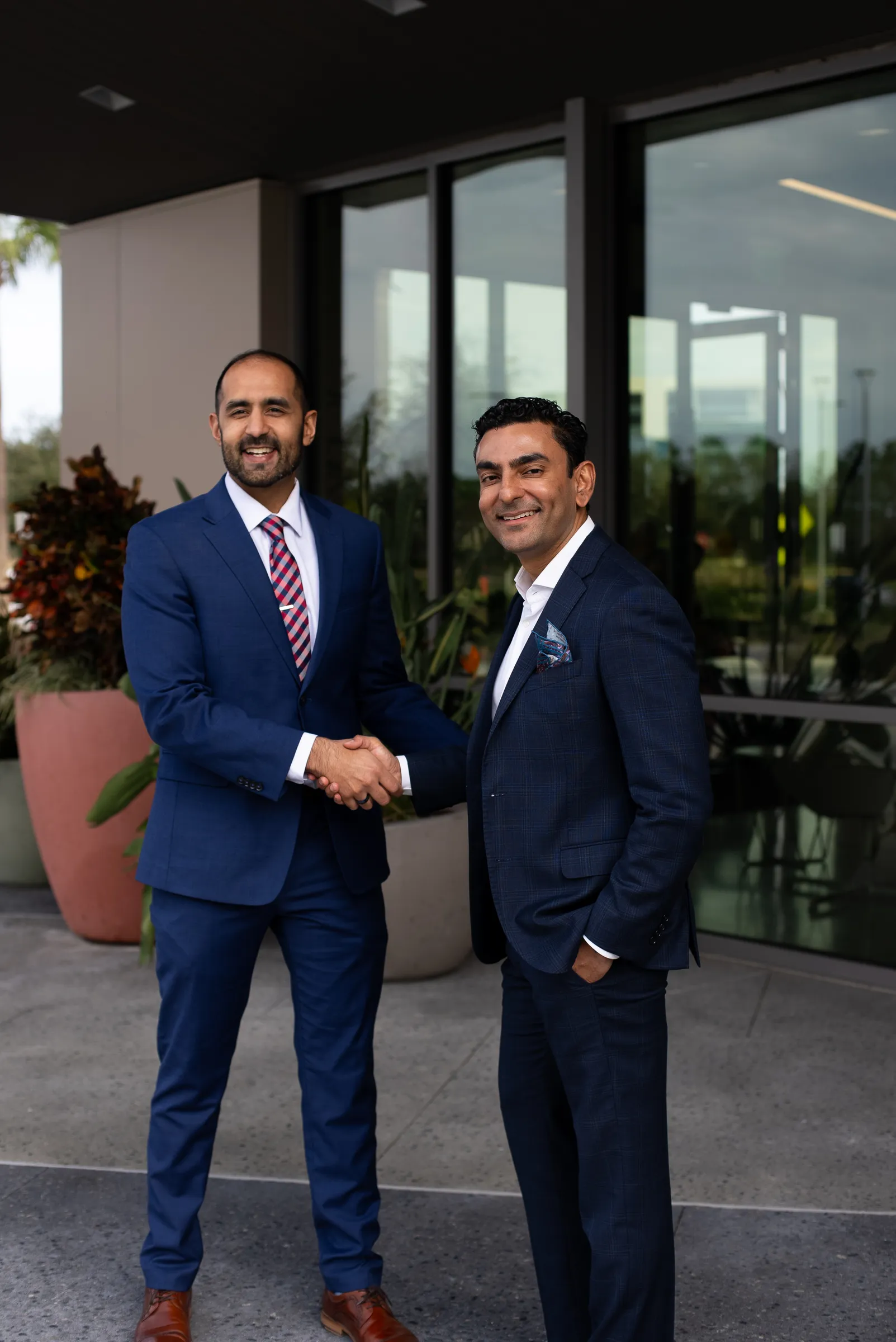
There are many conditions that have no signs or symptoms and many people are totally unaware they even have the condition. When a diagnosis is made early, treatment has a higher chance of being effective. Not only can routine eye exams help diagnose eye and vision problems early, they are a very important part of maintaining eye health and good vision.
So, when should you have an exam?
Age Can Determine When Exams are Scheduled
Age is just one of many factors that help determine how frequently an individual should have an eye exam. According to the American Academy of Ophthalmology, children should have their first comprehensive eye exam sometime between 3 and 5 years of age. When a child first sees an eye specialist it will depend a lot on their level of maturity and how willing they are to cooperate during the exam procedures.
Children who are of school age should typically have an eye exam about every two years. This is as long as there are no symptoms or vision problems. It’s also important to note that if there is a family history of eye problems or diseases, the child should have their eyes checked more frequently.
Furthermore, the AAO recommends adults with no vision problems or symptoms should have their vision checked every 5 years until they are in their 30s; and at least every 2 to 4 years from their 40s to about 65. After a person turns 65, they should have their eyes checked at least every two years. For those who wear corrective lenses it is a good idea to get the eyes checked every year. For those with a chronic disease, such as Diabetes and Hypertension, the eyes should be examined by an Ophthalmologist yearly.
What is the Doctor Looking For?
Adults should have routine eye exams to evaluate for the general health of the eyes, determine any risk factors for future eye disease, and measure the need for any corrective lenses. Complete eye exams are an important part of detecting and monitoring conditions such as:
What Will the Ophthalmologist Want to Know?
The ophthalmologist may ask a lot of questions pertaining to the eyes. But they will also generally ask direct questions about the patient’s medical history, family eye history, and medications. The patients history helps the doctor understand how much risk there is of future eye disease. They may ask for specific information such as:
- Present or past eye problems
- Premature birth
- Need for glasses/how they are working right now
- Health problems, such as Diabetes, Hypertension, Thyroid Disease, etc.
- What medications are being taken
- Previous eye surgery
- Family history of eye problems such as glaucoma or macular degeneration
- Is there any family member with diabetes, heart disease, or high blood pressure (health problems that can affect the eyes)
What Types of Tests are to be Expected?
After the physician obtains all appropriate history, the exam will include a complete evaluation of the ocular system and the visual pathway. A few components of the exam are listed below:
- Visual acuity and refraction to determine the need for corrective lenses
- Evaluation of eye movements and pupillary reactions
- External examination evaluation the health and condition of the eyelids
- An eye pressure check to determine a potential risk factor for glaucoma
- Slit lamp examination to closely examine the structures of the eye, such as the lens, iris, and cornea
- Dilated retinal exam to exam the nerves, blood vessels, and retina
They may also request some more specialized tests depending on patient’s history and family history.


